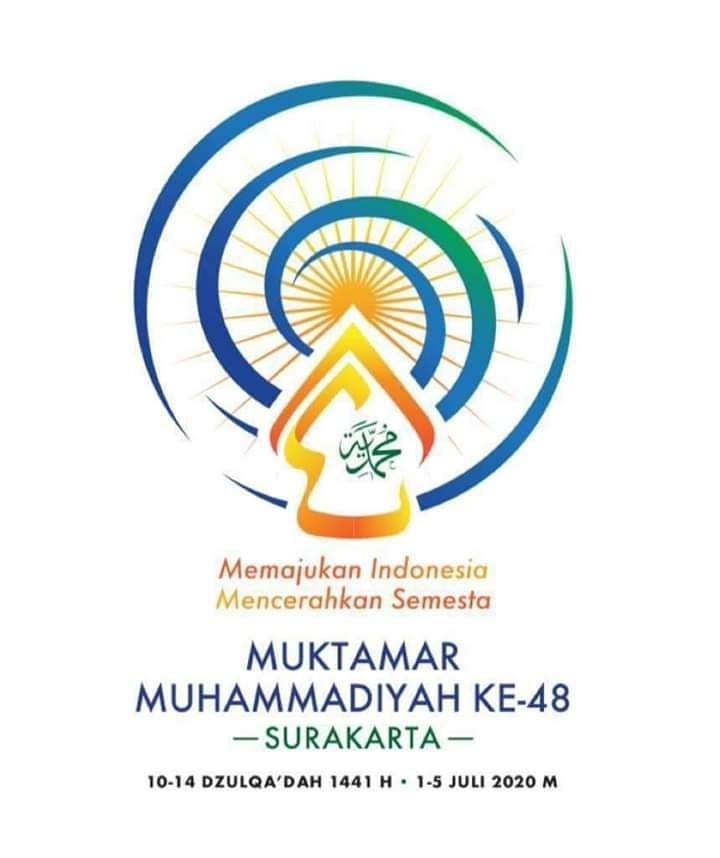MUHAMMADIYAH.ID, YOGYAKARTA - A subject of Islamic and Muhammadiyah Teaching (AIK) plays roles in molding characters of students of Muhammadiyah-Aisyiyah higher education institutions (PTMA).
The aforementioned statement was declared by Vice Rector of Student, Alumni, and AIK Affairs of Universitas Muhammadiyah Yogyakarta (UMY) Hilman Latif in a discussion on roles of AIK in the PTM conducted by Council for Higher Education, Research and Development (Diktilitbang) at Hall of Muhammadiyah Office, Yogyakarta.
For instance, UMY has internalized AIK comprehension and learning implemented the AIK (through research and supervision), and integrated the AIK (in research and development).
According to Hilman, many people recognize Muhammadiyah since they work or study in a Muhammadiyah institution so that acquainting Muhammadiyah to them should be undertaken unconventionally.
“Besides, AIK teaching to students from distinctive backgrounds should be effectuated through various innovative methods as a proverb says al-tariqah ahammu min al-maddah,” maintained Hilman.
He expected that Muhammadiyah could produce quality cadres capable of their own expertise through science and contextual teaching development. To underpin it, Lazismu organizes cadre development programs such as providing scholarships and a Muhammadiyah scholarship preparation program.
Meanwhile, Chair of Council for Higher Education, Research and Development Lincolin Arsyad conveyed that the AIK teaching is dealing with efforts to internalize the teaching and to focus on affective and psychomotor aspects , and not merely regarding cognitive aspects. The teaching should be performed through ethic mainstreaming.
“This overall teaching is called the meta learning approach. Instilling values may be performed by not only AIK teachers but also all teachers,” asserted Lincolin.
One of the essential components in instilling the values is through living in a boarding school. “Dorms of the PTMA should be more than a bedroom, it should assist students to be excellent,” asserted Lincolin. He also exemplified dorms of NUS and NTU having their great curriculum design. Education in the dorms focuses on building excellent characters that they have a tagline ‘This is a place of future world leaders’.
Lincolin advised lecturers to always update their knowledge. Muhammadiyah lecturers should love having dialogues and discussions as well as reading. Indeed, higher education institution leaders should be intelligent, healthy, gentle, and noble. With creative examples and methods, students will be interested in learning in the midst of assumption that millennials are lazy to read.
Additionally, Dean of Faculty of Psychology of Universitas Prof. Hamka Jakarta Anisia Kumala Masyhadi presented research on roles of progressive Islamic values in molding advanced characters. The research was a dissertation of Yulmaida Amir at University of Indonesia. The findings revealed that people who endlessly foster themselves have healthy mental life, are capable of making changes in their life, are able to cope with issues rationally, actively, and openly, and are able to adapt to new experiences.
A concept of this self-growth initiative, according to Anisia, is relevant to Muhammadiyah values as a progressive movement. Four main values closely related to the concept are logical thinking, active self-improvement, endeavor, and self-belief. The research examined progressive Islamic values within PTM students and the impacts on their life.


